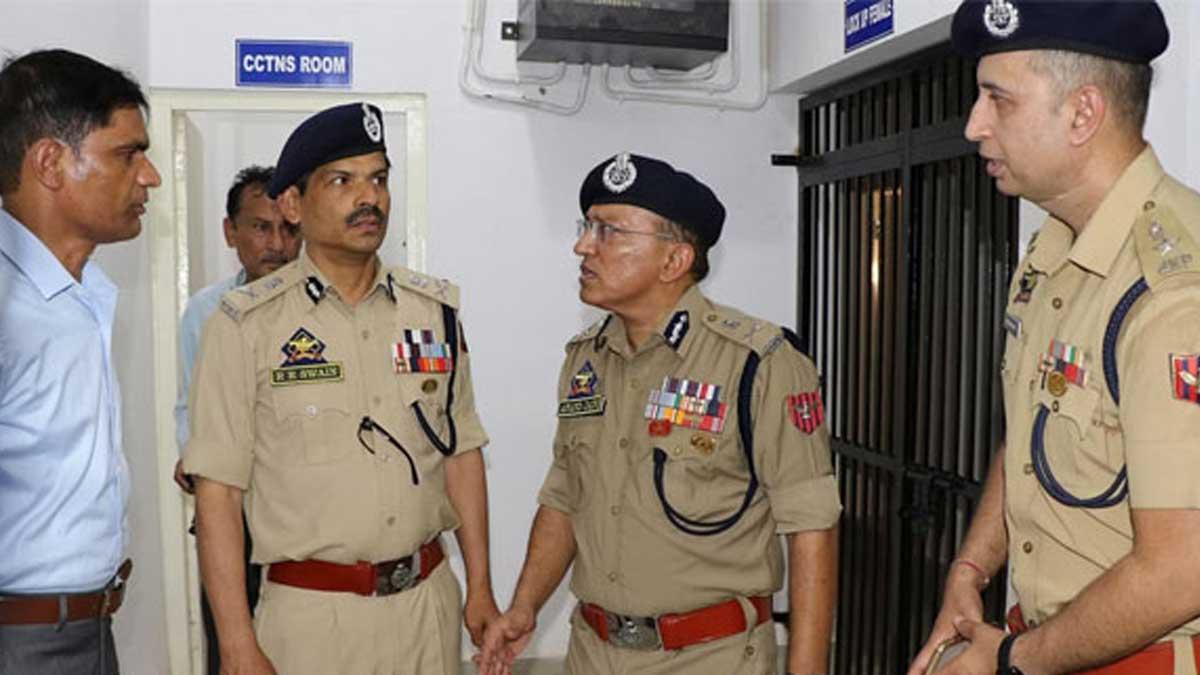Internet is one of the main tools that fuels terrorism and separatism in J&K: Director General of Police, R.R. Swain, on Sunday. He said that 75 percent of challenges faced in J&K are related to the internet during his inaugural address at the new cyber police station, Jammu zone. He stated that their internally Denis internet is responsible for their 60 to 80 percent problems. According to Swain, cybercrime has increased its scope to cover conventional crimes.
He said WhatsApp and Telegram have undercut the authority of the licensed providers of telecom for which he has been raising at the highest levels because of its implications for security.
Elaborating further, Swain described how operatives based in Pakistan use local agents in detailing attacks to be executed through cyberspace in lieu of logistics for attack execution, from delivery of arms and explosives to geo-location services that go unobserved. What has resulted is a shift from physical meetings or telephone communications for the purpose of organizing attacks to virtually associated platforms with attacks, all which makes it very hard for traditional law enforcement tracking methods.
In this backdrop, Swain emphasized that it was imperative to have strategic countermeasures in place so no adversary would be permitted to exploit technology against the national security interests of the country. As much as he had remained respectful of privacy rights, such crimes committed under the shelter of privacy, as fraud, extortion, attempts to sabotage governance or to incite separatism, he said, must be dealt with effectively by the law enforcement apparatus.
Swain said that what was most challenging about cybercrime was its global nature, wherein several fraudsters now did cross-border work, causing very difficult detection and regulation in an increasingly connected world. He, hence, projected adapting law enforcement strategies to this borderless digital environment to ensure security from such threats is effectively safeguarded.


















